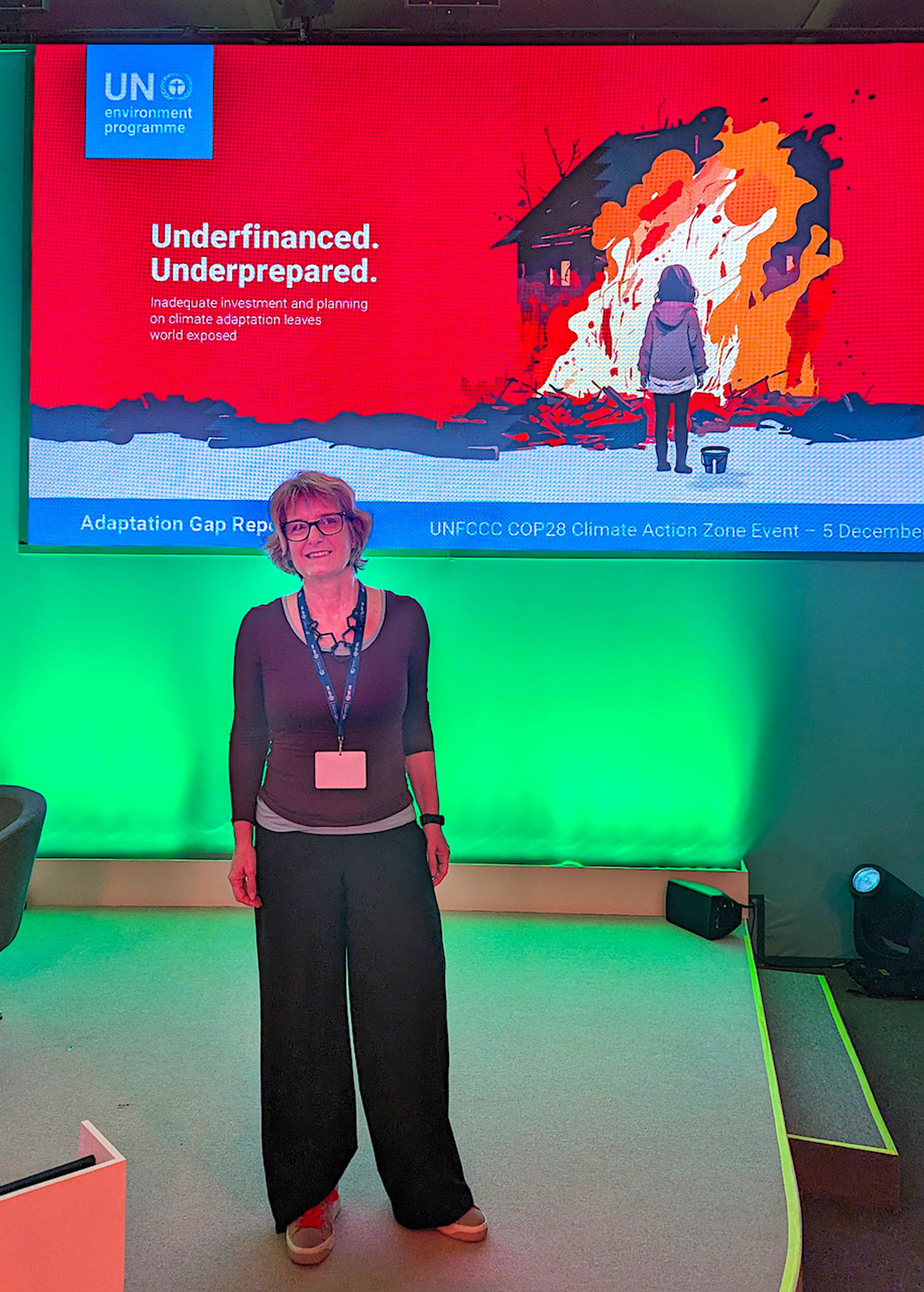

Momentum is building ahead of the summit’s ‘urbanisation and urban transport’ day. Just two years ago, at COP26, in Glasgow, the day was about ‘The Built Environment’ and essentially building energy solutions – a rather boring topic, relegated to the last day of COP.
The transport element, on a different day, was concerned chiefly with electric vehicles. Now urbanisation is a key topic, with local governments invited to join national level negotiations and ministers of transport and ministers of housing.
More importantly, the whole metric of climate reporting is changing or, probably, flexing to respond to this new focus. Instead of national level sectoral reporting and target setting – for energy, industry, strategic transport, etc – reporting and strategies will be multi-level. For the UK it will mean reporting and targets for the individual nations and major metropolitan areas. For other countries it could also mean reporting separately for indigenous peoples.
This will put an end to what Debra Roberts of the Intergovernmental Panel on Climate Change, IPCC, calls “Urban Blindness”. The IPCC is preparing a Special Report on Cities to build on the Assessment Reports 6th cycle (AR6), which already included dedicated sections.
Other interesting global developments include the UNEP Emission Gap Report 2023 and the Adaptation Gap Report 2023, both of which are sobering in content, but with amazing graphs. Note especially the one in the executive summary of the Adaptation Gap report which explains beautifully why there is so much to do.
Still on the subject of cities, it is evident that the problem of securing funding to improve climate resilience is the same the world over. Cities must be transformed in response to the climate challenge, yet they are typically dependent on a national level for funding. International banks dispense money to nations, who then distribute it. The EU does the same.
After a period of crisis, cities are exposed to debt (as they cannot interrupt essential services) and are not credit-worthy. Few cities in the world are fiscally independent or have access to stable borrowing over the long term.
The larger the city, the less likely the mayor is to be aligned with central government. This leads to a second call: as cities are recognised as important factors in climate action, finance over a sustained period of time is needed to reduce the energy and resource wastage that cities represent. Systemic and integrated change is needed to restructure mobility, invest in infrastructure, localise services, make homes efficient and resilient, increase greening and reduce heat, eliminate emissions from waste, etc.
For us built environment professionals this means revolution: Siloed working will no longer be possible. Planners, architects, transport planners, engineers, landscape architects, economists, scientists will need to unite and truly work for integrated change. New professions will emerge.
Climate data literacy will be key. Forget Chat GPT – follow instead the work being done by UNECE, the UN Economic Commission for Europe, which has a new Task Force, including the UK Office National Statistics, to generate harmonised local level climate data. For the global level see also: www.climatedata.imf.org
Community engagement will take on a completely new meaning. We’ll need to help people imagine a new future, a new climate and a new life. A collective of storytellers and media creators are already on the case: a good place to start is www.ClimateCommunications.earth
TransportXtra is part of Landor LINKS
© 2026 TransportXtra | Landor LINKS Ltd | All Rights Reserved
Subscriptions, Magazines & Online Access Enquires
[Frequently Asked Questions]
Email: subs.ltt@landor.co.uk | Tel: +44 (0) 20 7091 7959
Shop & Accounts Enquires
Email: accounts@landor.co.uk | Tel: +44 (0) 20 7091 7855
Advertising Sales & Recruitment Enquires
Email: daniel@landor.co.uk | Tel: +44 (0) 20 7091 7861
Events & Conference Enquires
Email: conferences@landor.co.uk | Tel: +44 (0) 20 7091 7865
Press Releases & Editorial Enquires
Email: info@transportxtra.com | Tel: +44 (0) 20 7091 7875
Privacy Policy | Terms and Conditions | Advertise
Web design london by Brainiac Media 2020